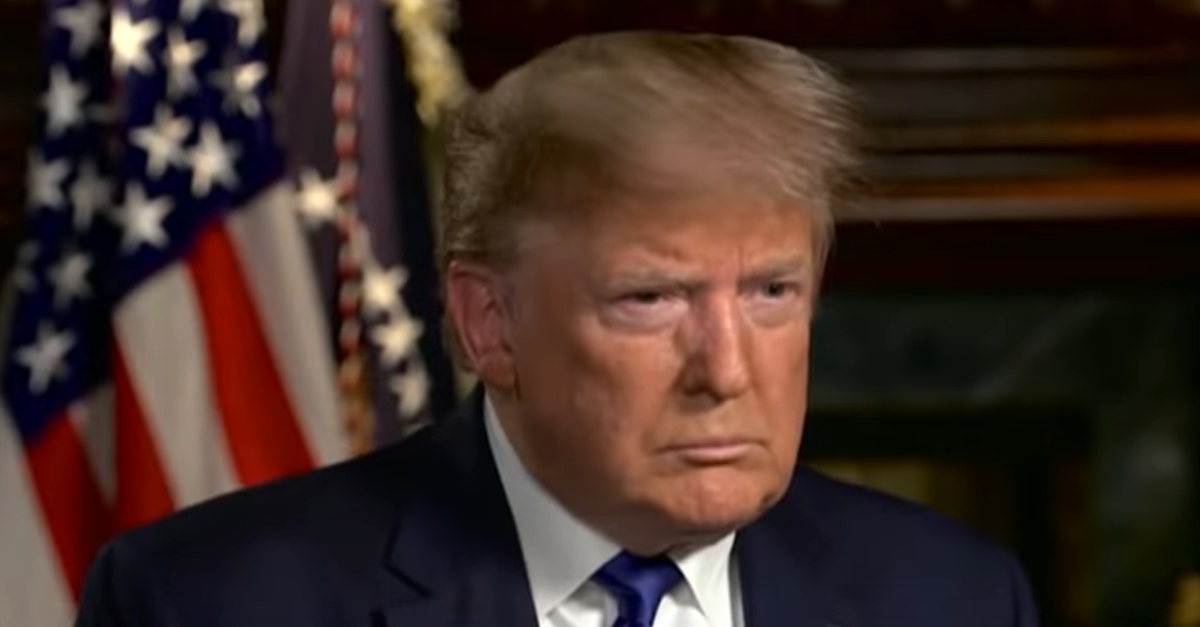
A federal appellate court resurrected a lawsuit brought by the attorneys general of Maryland and Washington, D.C., claiming President Donald Trump violated the U.S. Constitution’s Emoluments Clause by profiting from foreign governments and their officials through money spent at the Trump International Hotel.
The U.S. Court of Appeals for the Fourth Circuit voted 9-6 to allow the case to move forward with discovery, a decision that will certainly be appealed to the Supreme Court.
Previously, a three-judge panel on the Court, all of whom were appointed by Republican presidents, unanimously ruled in July that the lawsuit could not proceed because the attorneys general lacked proper standing – the right to initiate a legal action – in the case.
The decision, written by U.S. Circuit Judge Diana Gribbon Motz, an appointee of President Bill Clinton, did not rule on the merits of the emoluments case against the president’s hotel, but reasoned that Trump was not entitled to a writ of mandamus to immunize him from the lawsuit. The circuit judge said several key issues, including the definition of what constitutes an “emolument,” are still debatable.
“The President’s insistence that ‘emoluments’ indisputably include only ‘profit arising from office or employ’ (that is, payment for services rendered in performance of a formal job), while possible, is certainly not indisputable,” Motz wrote. “Respondents assert that emoluments include ‘all profits and other benefits [accepted from a foreign or domestic government] that [the President] accepts through the businesses he owns.’ Before this litigation commenced, no court had ruled on this question, but Respondents point us to several Executive Branch and Comptroller General legal opinions that have arguably interpreted the term consistently with their definition, not the President’s.”
The Court also rejected the argument that the president’s emoluments-related actions are not subject to judicial review, an argument the majority said is counter to separation of powers.
“The Framers, concerned about the corrosive effect of power and animated by fears of unduly blending government powers, dispersed the authority to enforce the law and the authority to interpret it,” the Court wrote. “To hold otherwise would mean that the President alone has the ultimate authority to interpret what the Constitution means. Allowing the President to be the final arbiter of both the interpretation and enforcement of the law — as the dissents would — would gravely offend separation of powers. Rather than sanction an ‘assault by the judicial branch against the powers of the executive,’ first dissent at 27, our holding affirms the separation of powers principles dictated by the Constitution and endorsed by centuries of foundational jurisprudence.”
The ruling could prove to be a major hardship for the president, as the Court’s earlier dismissal also prevented numerous subpoenas for documents related to Trump’s private businesses and federal government agencies from being enforced.
Another emoluments case against the president in the Second Circuit was also revived last year, and is awaiting a ruling on a Justice Department request for an en banc hearing.
Some legal experts immediately threw cold water on the buzz about today’s ruling.
https://twitter.com/AndyGrewal/status/1260917124199038977?s=20
https://twitter.com/AndyGrewal/status/1260919853277470720?s=20
https://twitter.com/AndyGrewal/status/1260922878683492352?s=20
See the full ruling below:
Fourth Circuit on Trump Emo… by Law&Crime on Scribd
[image via Fox News screengrab]